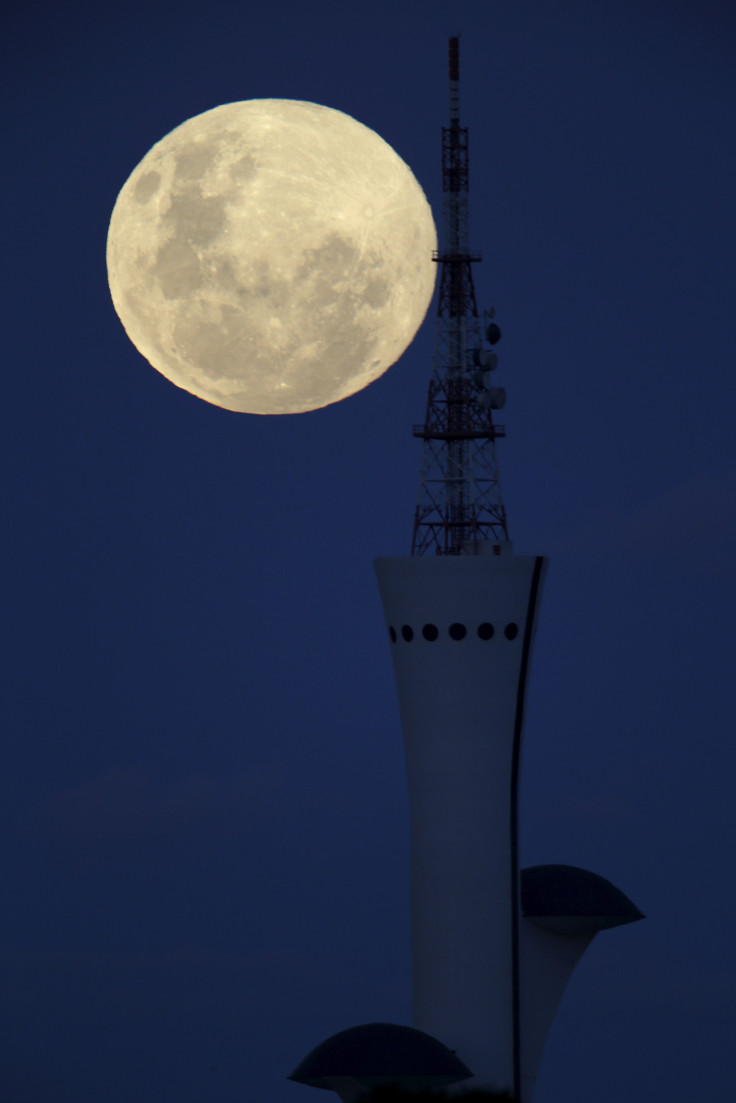Moon and humans: Scientists believe moon’s gravitational effect has nearly no effect on human brain; Children’s sleep study confirms

An international team of scientists set out to find whether lunar cycles affected human activity levels at all. They conducted a study on 5,812 children from five continents including Australia.
The researchers reasoned that lunar cycles would show up easily in children as “they are more amenable to behaviour changes than adults and their sleep needs are greater than adults.” Moon activity had zero effect on children as regards time spent in either sedentary relaxation or vigorous activity.
The scientists tracked the children using movement monitors known as accelerometers for more than two years (28 months). The children came from a wide range of socio-cultural and economic levels. The study, published in Frontiers in Paediatrics, also considered variables such as sex, age, body mass index score, total sedentary time, level of physical activity, day of measurement and highest education.
The data collected was then sub-divided into three lunar phases – full moon, half moon and new moon. The researchers compiled nearly 34,000 24-hour accelerometer “recordings” of activity levels covering every lunar phase.
The study findings have busted myths surrounding moon cycles and human behaviour. The idea that the moon controls behaviour and people's brains dates back to Ancient Greek times. It has been long believed that moon’s tidal pool affect our brains. However, this study debunked any such thoughts. Important factors such as genes, income and education were more significant than gravitational forces.
“Overall, I think we should not be worried about the full moon. Our behaviours are largely influenced by many other factors like genes, education, income and psychosocial aspects rather than by gravitational forces,” Eastern Ontario Research Institute in Canada’s Jean-Philippe Chaput states in Frontiers Blog.
This new study has also debunked popular theories that associate full moon with depression, psychotic episodes, dog bites, car accidents and suicide. Full moon does not trigger frenzied bouts of insomniac hyperactivity in humans. Extra moonlight may interrupt sleep but its effects are not big enough to affect health.
“The only significant finding was the one percent sleep alteration in full moon and this is largely explained by our large sample size that maximises statistical power,” Chaput explained.





















